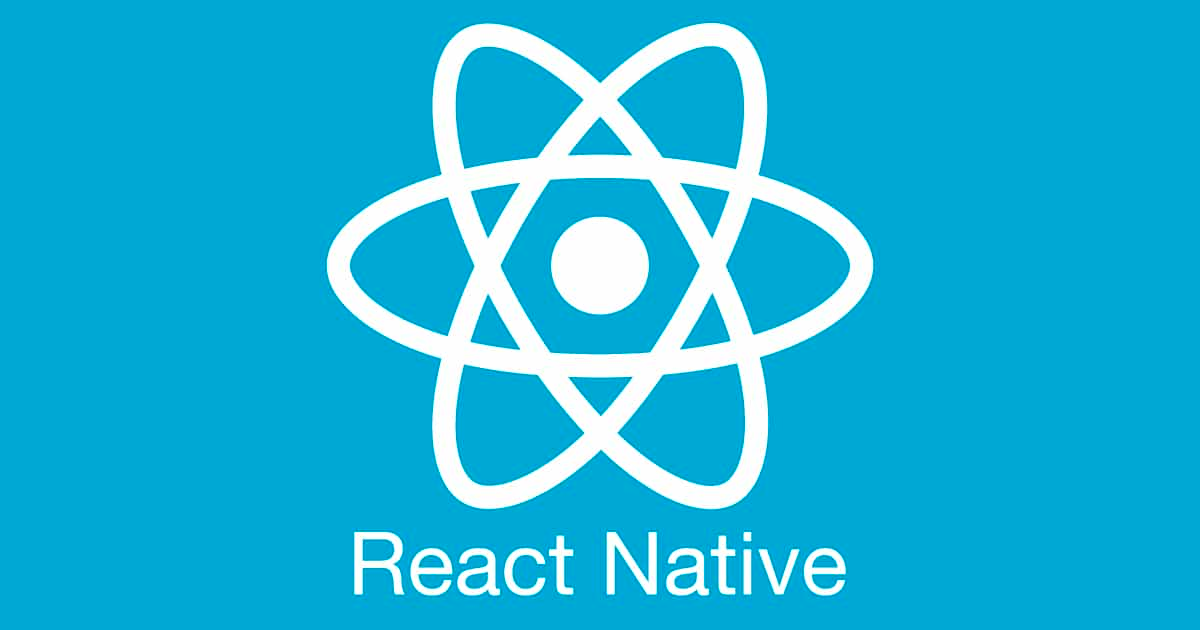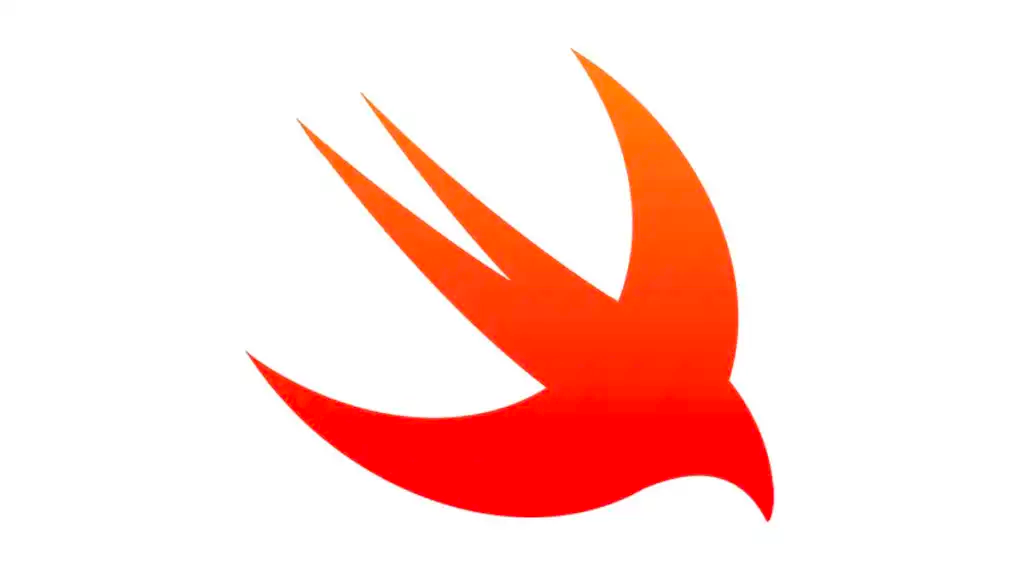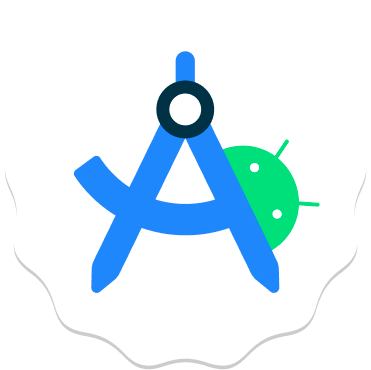Mastering Mobile App Retention. Strategies for Sustainable User Engagement.
In the dynamic landscape of mobile applications, where competition is fierce and user attention spans are fleeting, the success of an app is not merely determined by the number of downloads but by its ability to retain users over time. Mobile app retention, the art of keeping users engaged and coming back for more, is the cornerstone of sustainable growth and profitability in the app industry.
Understanding Mobile App Retention
Retention refers to the ability of an app to keep users engaged and active over an extended period. It's measured by tracking the percentage of users who continue to use an app after their initial download. High retention rates indicate satisfied users who find value in the app and are likely to become loyal customers.
The Importance of Retention
Retention is vital for several reasons:
Maximizing Lifetime Value (LTV): Retained users are more likely to generate revenue over time through in-app purchases, subscriptions, or ad views. Increasing retention directly impacts the lifetime value of a user.
Cost-Efficiency: Acquiring new users is far more expensive than retaining existing ones. By focusing on retention, app developers can optimize their marketing budgets and achieve higher returns on investment.
User Feedback and Iteration: Retained users provide valuable feedback that can be used to enhance the app further. Their continued engagement allows developers to iterate and improve the user experience, leading to higher satisfaction and retention rates.
Strategies for Improving Mobile App Retention
Deliver Value from the Start: A compelling value proposition and seamless onboarding experience are crucial for retaining users. Clearly communicate the benefits of the app and guide users through its features to ensure they understand its value.
Personalization and Customization: Tailor the app experience to individual user preferences whenever possible. Personalized recommendations, content, and notifications make users feel valued and increase engagement.
Engaging Content and Features: Regularly update the app with fresh content, features, and improvements to keep users interested. Interactive elements, gamification, and social components can enhance engagement and encourage return visits.
Effective Push Notifications: Utilize push notifications strategically to re-engage users and remind them of the app's value. Personalized, timely notifications based on user behavior or preferences can significantly impact retention rates.
Community Building: Foster a sense of community within the app by enabling users to connect with each other, share experiences, and collaborate. Social features such as chat forums, user-generated content, and leaderboards can enhance retention by creating a sense of belonging.
Incentives and Rewards: Implement loyalty programs, rewards, or incentives to encourage repeat usage and engagement. Offer exclusive discounts, bonuses, or virtual currency to incentivize users to return to the app regularly.
Optimize Performance and User Experience: Ensure that the app is fast, reliable, and user-friendly across different devices and operating systems. Address any performance issues or bugs promptly to prevent user frustration and abandonment.
Data-Driven Insights and Iteration: Continuously monitor user behavior, retention metrics, and feedback to identify areas for improvement. Analyze user data to understand patterns and preferences, then iterate the app accordingly to enhance retention.
Conclusion
In the fiercely competitive landscape of mobile apps, retention is the key to long-term success and sustainability. By prioritizing user engagement, delivering value, personalizing experiences, and continually iterating based on user feedback, app developers can increase retention rates and build a loyal user base. Ultimately, mastering mobile app retention requires a combination of strategic planning, creativity, and a deep understanding of user needs and preferences.





